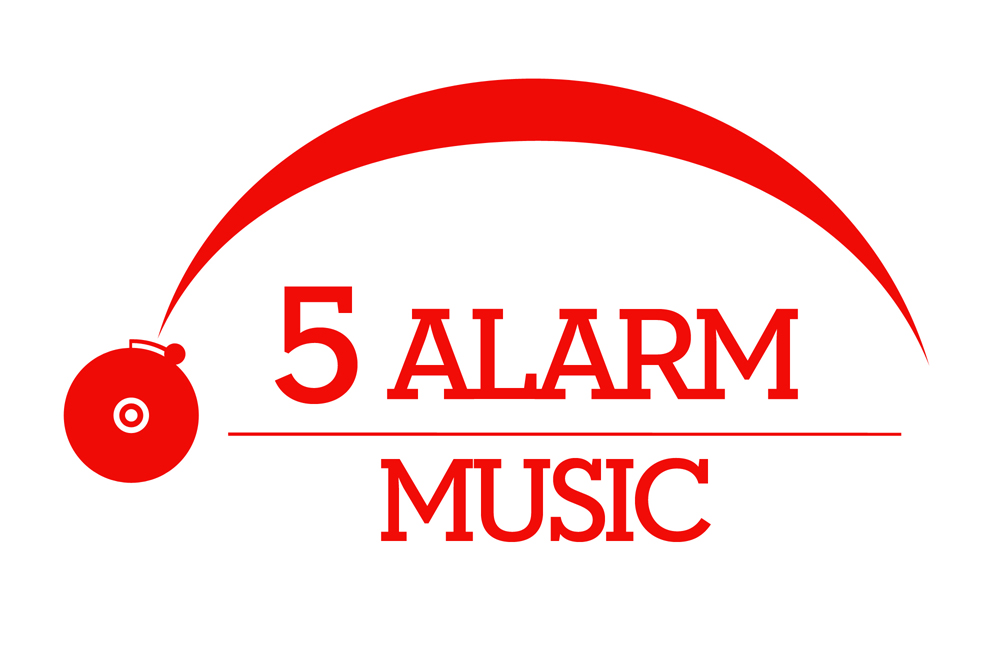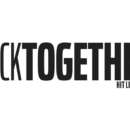BACKGROUND
Lip Sync Music has been representing artists and labels for licensing since August 2009. Servicing all forms of media, including advertising, movies, TV, video games and more, their roster features contemporary artists representing every in-demand genre imaginable.
From PR to Sync
I was a PR major at NYU and worked at a boutique events firm. I thought, “Oh, I hate this.” It wasn’t for me. But I was super into music. My friend, who was in a band called Tarantula, was signing to Kemado Records. He was telling me, “You’ve got to be in the music business. Come to this signing dinner and see if you like it.” Ever since, it was like, “Yep, this is for me.”
I got an opportunity to live for free in L.A.’s Topanga Canyon. About six months later, I connected with a cousin I had never met. He was a music supervisor. We got along and he got me an interview at Zync Music, another licensing firm. I was there for two years. After that, I started my own company at age 24.
Artist Hunting
When a music supervisor needs something, he’ll send out a search and give details about what he’s looking for—what the sound needs to be like, the tempo, the beat. Most of our submissions are by managers we’ve worked with or people who’ve heard about us. It’s largely word-of-mouth and repeat business.
That being said, one of our bands, Dead Right, has a Coors Light ad. One of our employees’ wives found them online. It can happen that way, but mostly we have to have an A&R meeting every two weeks where we listen to everything.
Originality
Music supervisors like to receive music differently, so we’ve worked for years on ways of getting music to them without being too invasive. Obviously, we need music that’s going to work; we need to have what people are asking for. So there’s that element, but part of what makes Lip Sync special is we’re always working with unique artists who aren’t just sound design. They don’t sound like a million other bands. We try to keep it real with artists who are relevant and have records that are current.
Licensing Versus Publishing
We launched our publishing division. As a licensing company, we take a commission off the upfront fees. We don’t take backend or anything like that. We’re not overbearing with our basic licensing agreement. It’s just a percentage of what we bring in.
But with our publishing clients, it’s a different scenario where we’re pairing them in co-writing sessions and different producers and creating custom content.
The Turning Tide
When I started, we were working with Secretly Canadian artists and [their roster] saw licensing as super-precious or the devil. I’ve watched every last one of them come around. It went from, “Oh, I’m precious and don’t want to do it” to “I’ve got to do this if I want to eat.” “Selling out” is a small-minded way of thinking. What better way to screw the man than by taking money from him?
Finding What’s Good
We try to find things that are going to speak to people, that speak to us. We’re discerning and that’s what makes us different. I often have music supervisors saying, “Everything you sent us is good.” And people know that.











